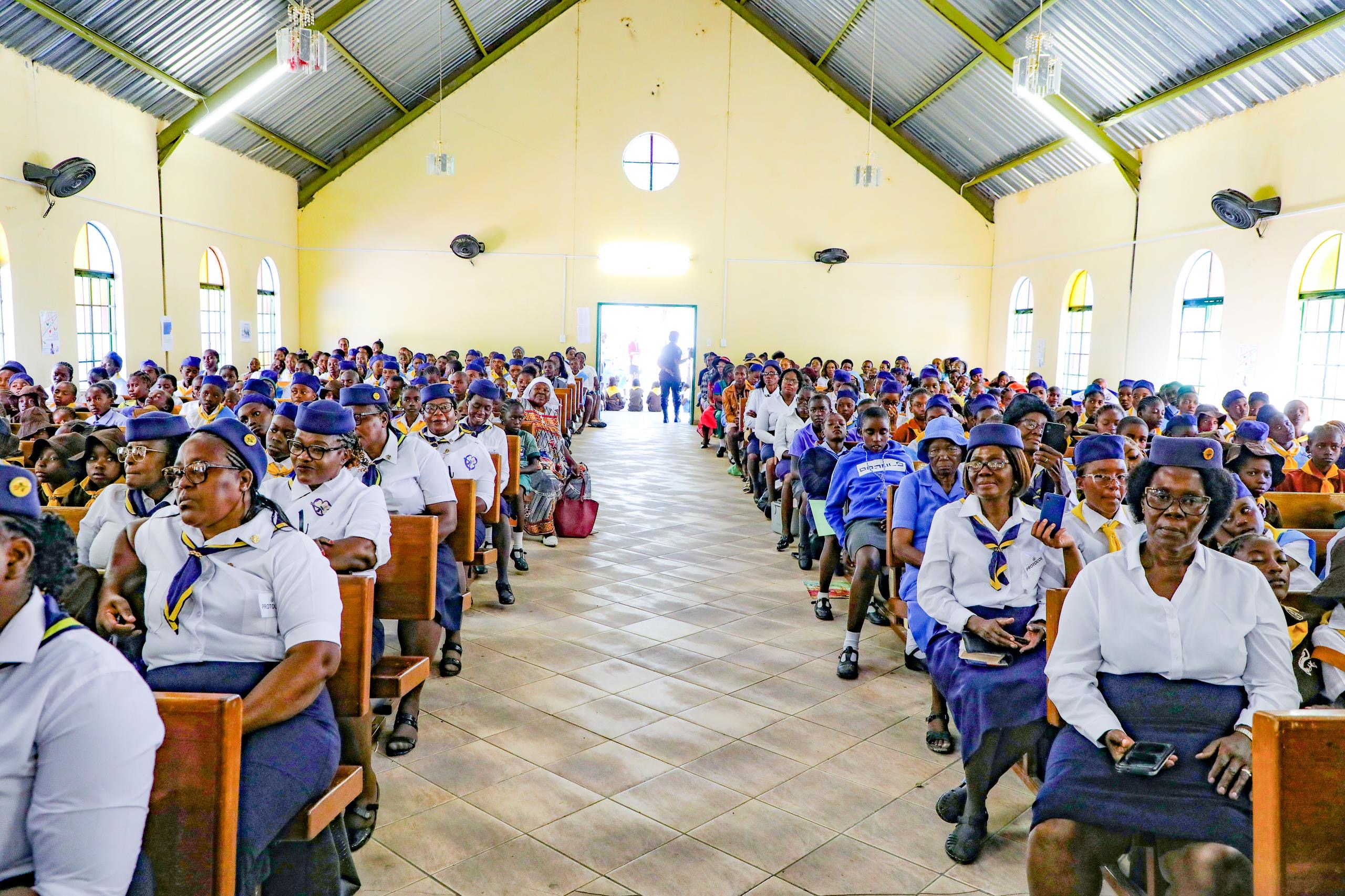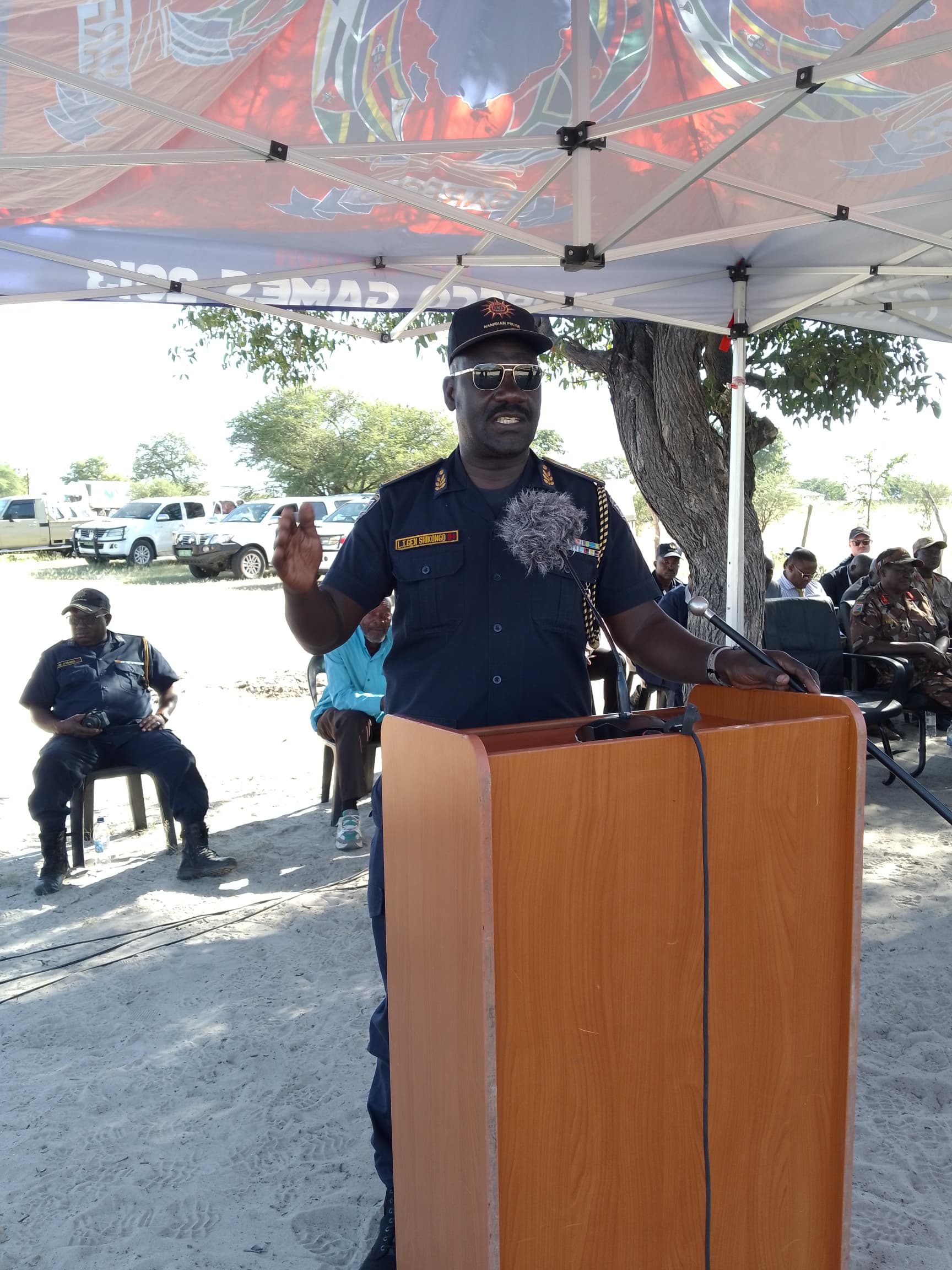MOGADISHU – Relative calm returned to the war-torn Somali capital yesterday after a day of fierce battles between rival fighters allied to Islamic courts and a US-backed warlord alliance claimed dozens of lives and wounded scores, witnesses said.
But sporadic gunfire could still be heard in two Mogadishu districts where fighting was most intense Saturday and which continued overnight to claim two lives and injure three others. “The fighting continued overnight by shelling and exchange of heavy gunfire,” a Somali elder who is involved in negotiations to reach a ceasefire told AFP.”Two people died in the overnight fighting and three were wounded,” a doctor at the capital’s Ayan hospital said.Saturday’s battles resumed following a brief calm after two days of violence that worsened on Thursday, breaking a week-long lull and bringing the latest death toll to at least 57 killed and around 187 wounded.The rival fighters of the Islamic courts and the Alliance for the Restoration of Peace and Counter-Terrorism (ARPCT) have defied repeated calls for calm since the intermittent fighting flared in February.The ARPTC, which was set up in February with US backing, is fighting to curb the growing influence of Islamic courts and track down extremists, including al Qaeda members, that the courts are allegedly harbouring.But the increasingly powerful and influential courts have also declared a holy war against the alliance – which they say is financed by the “enemy of Islam” – and deny the accusations.Housing and Public Works Minister Osman Hassan Ali Atto, also a warlord controlling parts of southern Mogadishu, added his voice to the repeated calls for a ceasefire.”Let us talk and negotiate,” Atto said.”Guns have been unable to resolve our crisis in the past 15 years.”He said that he had held talks with officials of the Islamic courts and was to hold similar talks with members of the ARPTC in efforts to reach a ceasefire to the violence that has thus far claimed nearly 300 lives in the deadliest violence Mogadishu has seen since Somalia collapsed into anarchy in 1991.The Horn of Africa nation of some 10 million has been without a functioning central authority since the 1991 fall of strongman Mohamed Siad Barre plunged it into anarchy, with warlords battling for control of a patchwork of fiefdoms.- Nampa-AFP”The fighting continued overnight by shelling and exchange of heavy gunfire,” a Somali elder who is involved in negotiations to reach a ceasefire told AFP.”Two people died in the overnight fighting and three were wounded,” a doctor at the capital’s Ayan hospital said.Saturday’s battles resumed following a brief calm after two days of violence that worsened on Thursday, breaking a week-long lull and bringing the latest death toll to at least 57 killed and around 187 wounded.The rival fighters of the Islamic courts and the Alliance for the Restoration of Peace and Counter-Terrorism (ARPCT) have defied repeated calls for calm since the intermittent fighting flared in February.The ARPTC, which was set up in February with US backing, is fighting to curb the growing influence of Islamic courts and track down extremists, including al Qaeda members, that the courts are allegedly harbouring.But the increasingly powerful and influential courts have also declared a holy war against the alliance – which they say is financed by the “enemy of Islam” – and deny the accusations.Housing and Public Works Minister Osman Hassan Ali Atto, also a warlord controlling parts of southern Mogadishu, added his voice to the repeated calls for a ceasefire.”Let us talk and negotiate,” Atto said.”Guns have been unable to resolve our crisis in the past 15 years.”He said that he had held talks with officials of the Islamic courts and was to hold similar talks with members of the ARPTC in efforts to reach a ceasefire to the violence that has thus far claimed nearly 300 lives in the deadliest violence Mogadishu has seen since Somalia collapsed into anarchy in 1991.The Horn of Africa nation of some 10 million has been without a functioning central authority since the 1991 fall of strongman Mohamed Siad Barre plunged it into anarchy, with warlords battling for control of a patchwork of fiefdoms.- Nampa-AFP
Stay informed with The Namibian – your source for credible journalism. Get in-depth reporting and opinions for
only N$85 a month. Invest in journalism, invest in democracy –
Subscribe Now!










